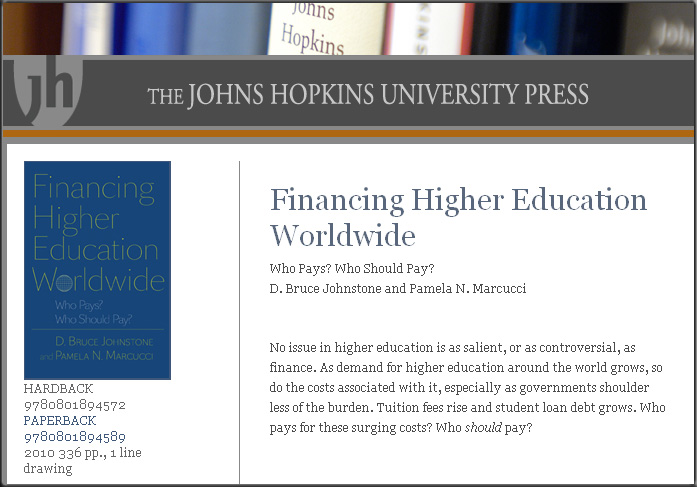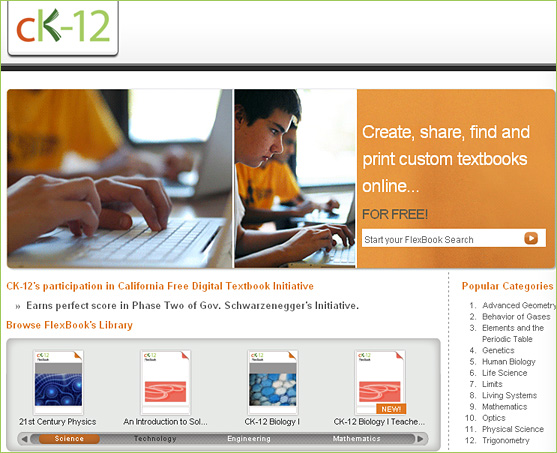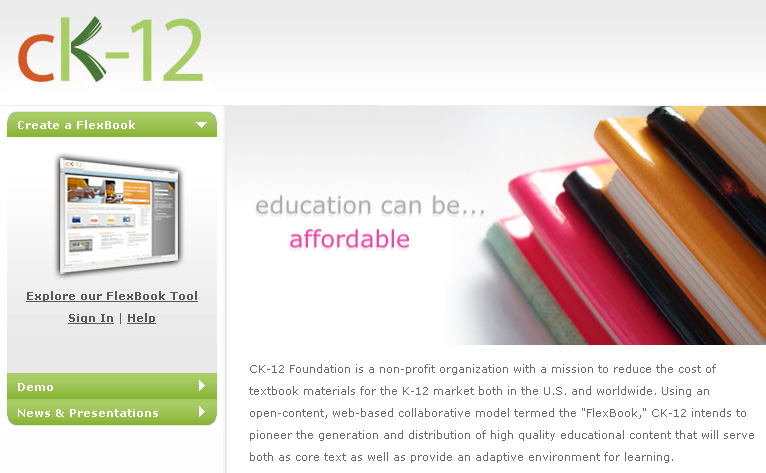From DSC:
I read two things this morning that were very disturbing:
1) The first was an email from Senator Levin, where he summarized the Financial Crisis Investigation Hearings. He provided a link to his Senate website where it concludes with the following:
These findings are deeply troubling. They show a Wall Street culture that, while it may once have focused on serving clients and promoting commerce, is now all too often simply self-serving. The ultimate harm here is not just to clients poorly served by their investment bank. It’s to all of us. The toxic mortgages and related instruments that these firms injected into our financial system have done incalculable harm to people who had never heard of a mortgage-backed security or a CDO, and who have no defenses against the harm such exotic Wall Street creations can cause.
Running through our findings and these hearings is a thread that connects the reckless actions of mortgage brokers at WaMu with market-driven credit rating agencies and the Wall Street executives designing the next synthetic. That thread is unbridled greed, and the absence of a cop on the beat to control it.
As we speak, lobbyists fill the halls of Congress, hoping to weaken or kill legislation aimed at reforming these abuses. Wall Street is on the wrong side of this fight. It insists that reining in its excesses would unduly restrict a free market that is the engine of American progress. But this market isn’t free of self-dealing or conflict of interest. It is not free of gambling debts that taxpayers end up paying.
I hope the executives before us today, and their colleagues on Wall Street, will recognize the harm that their actions have caused to so many of their fellow citizens. But whether or not they take responsibility for their role, I hope this Congress will follow the example of another Congress, eight decades ago, and enact the reforms that will put a cop back on the Wall Street beat.
2) …and I thought of posting it. But I thought, no…I won’t go there. Who am I to point this out? How does this affect higher ed and the rest of us? (BTW, I don’t know enough about Senator Levin to support or not support him or his efforts here). But then I saw this article immediately after that:
E-mail Suggests Goldman Knew Harvard Would Lose –The Boston Globe
A Goldman Sachs e-mail from February 2007 acknowledged that a large trade in complex mortgage-related securities would be “good for us’’ but bad for several customers, including Harvard University.
The e-mail was part of a large batch of correspondence released over the weekend by the Senate subcommittee that grilled Goldman executives yesterday about their alleged role in the financial crisis.
The Harvard e-mail was one of many portraying the Wall Street giant as having profited on the housing bust — indeed, betting against the sector — while rivals and even esteemed clients lost money.
Harvard declined to disclose how much it lost on the trade. The Senate-released e-mails, however, show Harvard was on the losing end of a $500 million derivatives trade. Essentially, by entering into an exotic collateralized debt obligation — a wager on the direction of mortgage securities — Harvard lost money when the mortgages went bad. Full Story
From DSC:
…and when I saw this second item, I had to write something here.
We are affected by the actions of others. We impact others with our actions. We are all in this boat together.
Is there — or should there be a place for — a role of those of us in higher education to attempt to instill some morals and values into our students? It seems to me we at least need to point out that the future actions of our students will have positive or negative affects on others, and to not just look out for themselves, but also look to the interests of others.
I don’t mean to come off as high-and-mighty, full of finger pointing. But it seems to me that during an influential point in our students’ lives, we should be helping make the world a better place…not raising up students who hungrily move into the Wall Street offices and repeat the same types of behavior that got us into a heap of trouble — or to students who can’t wait to get into a lucrative lobbying position, while shutting off their consciences in their pursuit of obtaining the almighty dollar.











